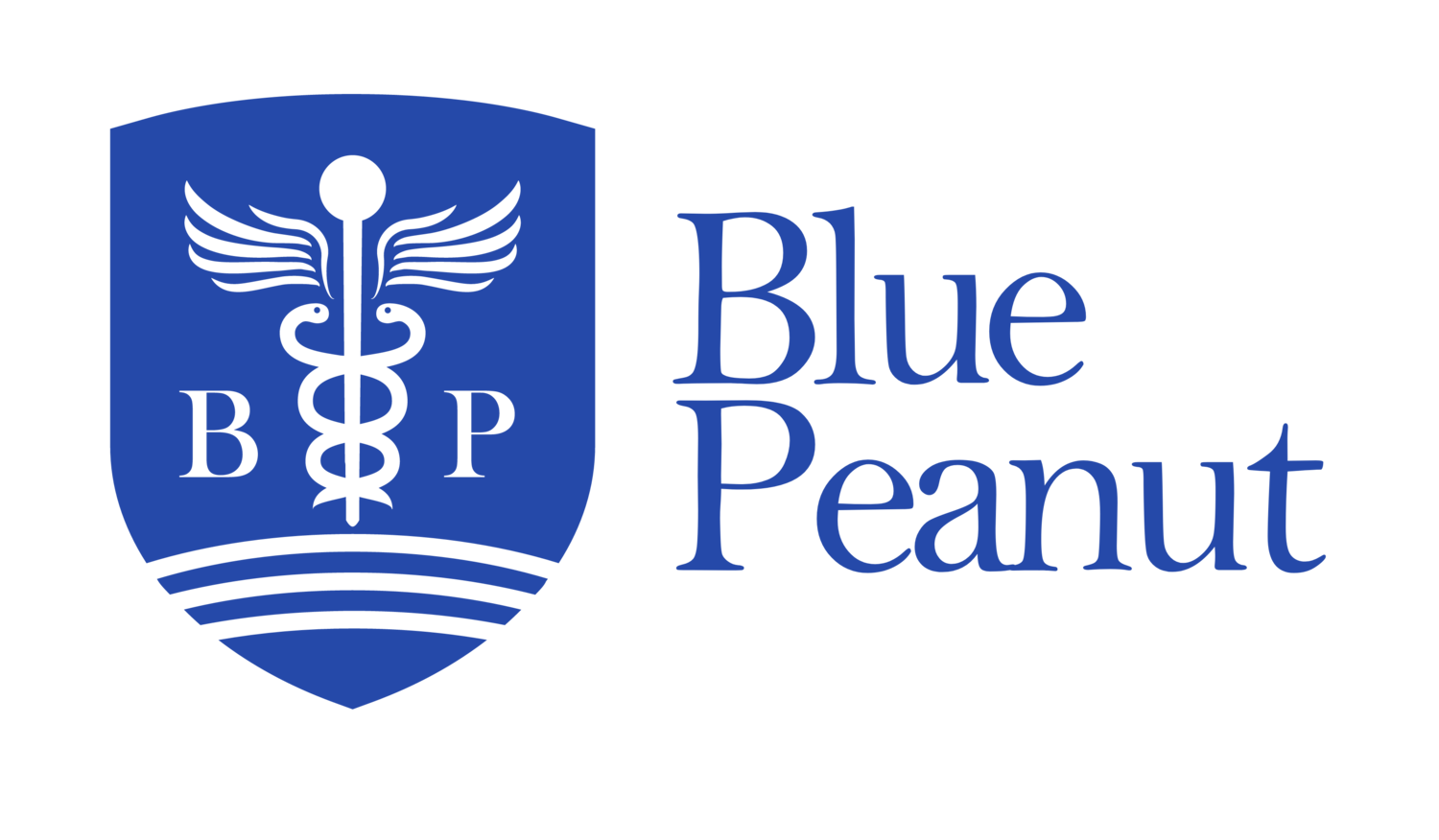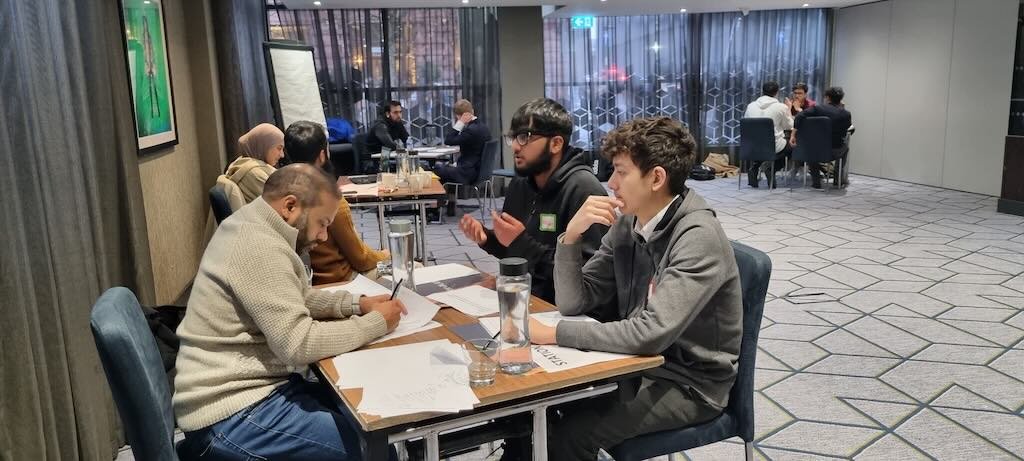Applying to Study Medicine at the University of Aberdeen
Embarking on a journey to study medicine at the University of Aberdeen is a commendable aspiration. This guide provides a comprehensive overview of the application process, including entry requirements, the significance of the UCAS personal statement, UCAT prerequisites, interview procedures, historical application statistics, insights into the medical school curriculum, and student life.
Entry Requirements
The University of Aberdeen has specific academic criteria for prospective medical students:
A-levels: Applicants must achieve AAA, including Chemistry and at least one subject from Biology, Mathematics, or Physics. Additionally, a GCSE pass at grade 6/B or above in English Language and Mathematics is required. While not mandatory, GCSE Biology and Physics are recommended.
Scottish Highers: Five Highers at AAAAB obtained in a single sitting are necessary. Chemistry is required, plus two subjects from Biology/Human Biology, Mathematics, and Physics, along with two other subjects. National 5 qualifications in English and Mathematics at grade B or above are also required.
UCAS Personal Statement
The personal statement is a pivotal component of your application, offering an opportunity to showcase your commitment to medicine and the attributes that make you a suitable candidate. The University of Aberdeen recommends structuring your personal statement to cover:
Commitment to Medicine: Demonstrate your understanding of a medical career through experiences such as job shadowing, discussions with medical professionals, and relevant reading.
Knowledge of Core Qualities Required of a Doctor: Reflect on the skills and attributes essential for a medical professional and how you've exemplified them.
Teamwork: Provide examples of how you've effectively worked within teams, highlighting your collaborative skills.
It is crucial to draft your personal statement thoughtfully, ensuring it authentically represents your experiences and aspirations. Be aware that UCAS employs software to detect plagiarism, and any evidence of copied content can lead to the withdrawal of your application.
UCAT Requirements
All applicants to the University of Aberdeen's medical programme must complete the University Clinical Aptitude Test (UCAT) by the specified closing date for the intended year of entry. The UCAT assesses a range of mental abilities, attitudes, and professional behaviours required for new doctors. While there isn't a strict minimum UCAT score, the university advises that applicants should prepare thoroughly for the test to perform well. Notably, applicants who achieve a Band 4 in the Situational Judgement Test component of the UCAT are typically not considered.
Interview Process
Candidates who meet the initial academic and UCAT criteria may be invited for an interview, conducted between December and March using a modified Multiple Mini Interview (MMI) format. The MMI consists of several stations, each lasting five minutes, where candidates engage with different interviewers to assess various competencies. The interview process evaluates:
Motivation and Insight into Medicine: Your understanding of the medical profession and reasons for pursuing a medical career.
Critical Thinking and Problem-Solving: Your ability to analyse situations and propose effective solutions.
Professionalism and Ethical Judgment: Your grasp of ethical principles and professional behaviour in medical contexts.
Communication and Interpersonal Skills: Your ability to communicate effectively and demonstrate empathy.
Performance in the interview significantly influences the final decision, accounting for 50% of the overall assessment, with academic achievements and UCAT scores contributing 30% and 20%, respectively.
Application Timeline
The application process follows a structured timeline:
15th October: UCAS application deadline.
October - November: Assessment of UCAS forms and allocation of academic scores.
Early November: UCAT results are sent to universities.
November - March: Interviews are conducted for top candidates.
End of March: Final decisions are communicated via UCAS.
Historical Application Statistics
Understanding past application data can provide valuable insights:
2024 Entry:
Scottish/EU School Leavers: 680 applications, 655 interviews, 536 offers, 196 entrants.
Rest of UK School Leavers: 237 applications, 149 interviews, 72 offers, 37 entrants.
International School Leavers: 230 applications, 133 interviews, 79 offers, 32 entrants.
The lowest UCAT score invited to interview for Scottish/EU school leavers was 2160, with an average of 2560. For Rest of UK school leavers, the lowest was 2440, with an average of 2700. International school leavers had a lowest UCAT score of 2390, with an average of 2700.
Medical School Curriculum
The University of Aberdeen offers a dynamic and integrated medical curriculum designed to produce well-rounded and competent medical professionals. Key features include:
Early Clinical Exposure: From the first year, students engage in clinical placements, allowing them to apply theoretical knowledge in real-world settings.
Systems-Based Learning: The curriculum is structured around body systems, integrating basic sciences with clinical practice to provide a holistic understanding.
Problem-Based Learning (PBL): Students participate in PBL sessions, fostering critical thinking, teamwork, and self-directed learning skills.
Student Life at the University of Aberdeen
Studying medicine at the University of Aberdeen is not just about academics; it also offers a vibrant and enriching student experience.
Diverse Student Community: With students from over 130 countries, Aberdeen provides a multicultural environment that enhances learning and social interaction.
Clubs and Societies: With over 120 student-led organisations, including more than 50 sports clubs, students can engage in a variety of extracurricular activities.
Sports and Wellness: The Aberdeen University Sports Union manages numerous sports clubs, and facilities like the Aberdeen Sports Village offer high-quality amenities for fitness and recreation.
Accommodation: First-year students are guaranteed a place in university accommodation, with Hillhead Student Village providing a lively and supportive environment.
Cultural and Social Events: The city of Aberdeen offers a vibrant cultural scene with festivals, outdoor activities, and historic sites, ensuring that students have plenty of options for entertainment and relaxation.
Support Services: The university provides comprehensive student support services, including academic advising, career counselling, mental health resources, and financial guidance.
Student life at the University of Aberdeen is characterised by a diverse and inclusive community, a plethora of extracurricular opportunities, and robust support systems, all of which contribute to a holistic and fulfilling university experience.

